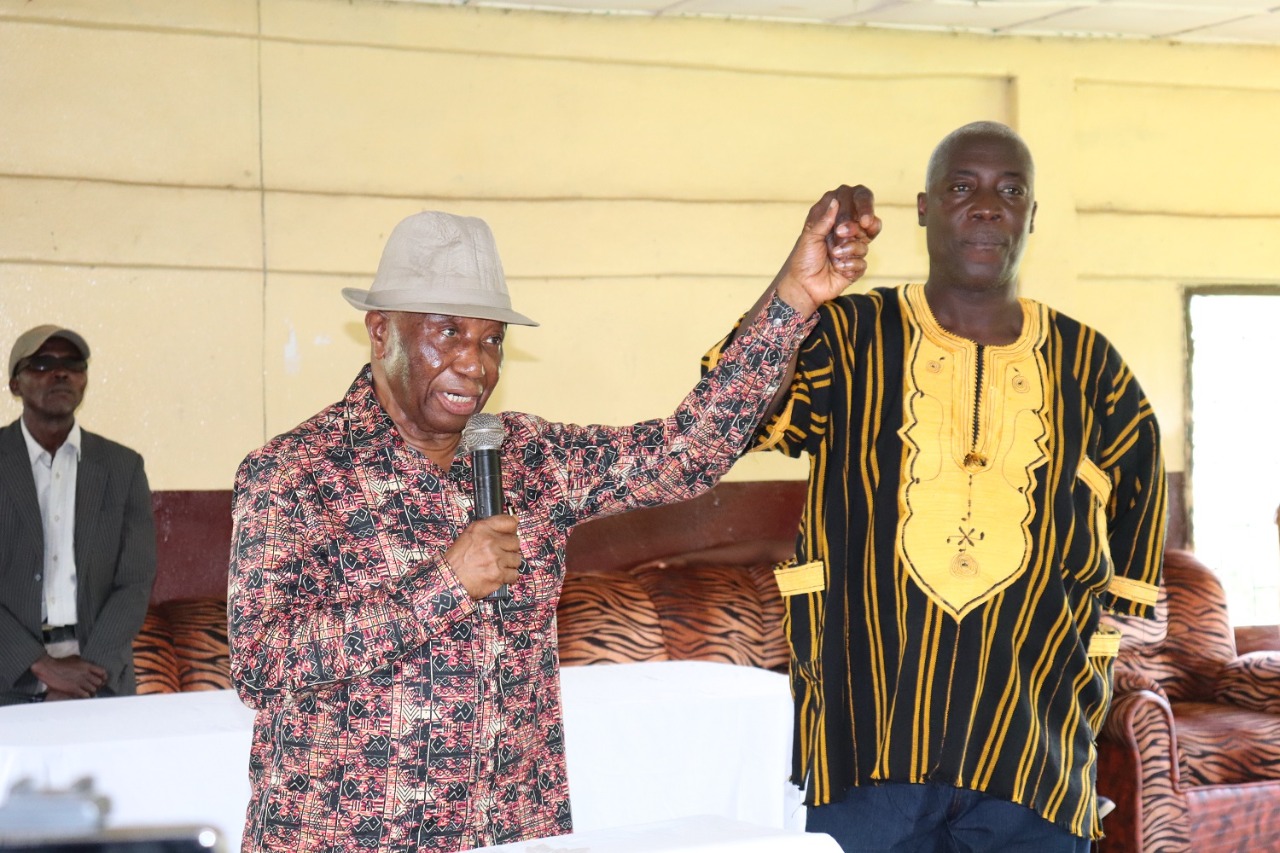This week there have been numerous reports about Joseph Boakai losing support among the very people he needs to count on the most – his diehard supporters in his own home region of Lofa. Whereas back in 2017, the Unity Party was able to secure 78% of the votes in this county, the 2022 by-election was a rude awakening, with the CDC candidate outperforming Boakai’s handpicked candidate. According to a report in FrontPageAfrica, “if everything keeps going in the CDC’s favor without any challenge from the Unity Party, it will be difficult, if not impossible, for the UP to maintain its hold on Lofa County at the elections in October 2023 as it did in 2017.
Earlier in April, all the major candidates running for Liberian president— including Boakai— signed the Farmington River Declaration 2023, which affirmed a commitment to peace during the electoral process; and it comes at a critical time in Liberian politics, when there has been blanket impunity for those who committed war crimes.
On the matter, Weah who led the event was said to have urged all stakeholders, “to avoid incendiary language and…a growing culture of militancy, which can have the propensity to quickly spill over into violence.”
And he’s right.
There have been numerous events in recent memory where rhetoric turned out to be more of a dog-whistle. A prime example of this is when Henry Costa, one of the leaders of the Council of Patriots, organised mass protests against Weah, which called for his removal.
At the time, Bhofal Chambers, an MP from Weah’s party said, “Calling for an unconstitutional removal of an elected president is unquestionably a crime of treason, terrorism and subversion.”
Costa of course went on to say he would not call for violence or anything illegal, but given that his radio program is funded largely by Benoni Urey, a former Charles Taylor associate who was sanctioned by the US government (and who is a currently a VP contender for Boakai), the renege fell flat.
Now of course, Costa is vying for power too.
On Tuesday, he said, “No matter the outcome, whether I am chosen as Boakai’s running mate or not, I will be on the ballot.”
Interestingly, he didn’t participate in the declaration event— but Boakai did, and despite having signed the declaration of peace, went on to stoke discord.
Boakai said, “Sadly, all of the very brilliant recommendations that were proffered by our Supreme Court, ECOWAS, International and Local Partners were left to rot in the dustbin. It would appear that our government does not care about reforming the electoral process.”
Criticism over reforming government for the better is a bit odd coming from Boakai; after all, he has done nothing to bolster confidence in government systems or leaders, either.
Despite calls for those who committed atrocities during Liberia’s civil wars to be banned from politics for thirty years, Boakai has continued to align himself with Urey— even after he fabricated lies about Alexander Cummings altering the CPP framework, and threatened Unity Party stalwart Mo Ali.
And he has continued to align himself with Costa, allowing UP youth to influence his decision-making.
Then of course, there were his own incendiary comments. It was just at the end of last year that Boakai asserted he is going to be the next President of Liberia; vowed to kick Weah out of office no matter what; and told young people their lives had been wasted under the Weah and CDC-led administration.
I’m sure Weah needing to affirm a free and fair election had nothing to do with any of that. Eh hem.
The fact of the matter is that having this peace document signed publicly is important— but Weah, Cummings, and all others who engage in political rivalry with Boakai, Urey, and Costa, should tread carefully. None of these men have a reliable track record with the truth; and all of these men have a deeply unhealthy desire for power.






